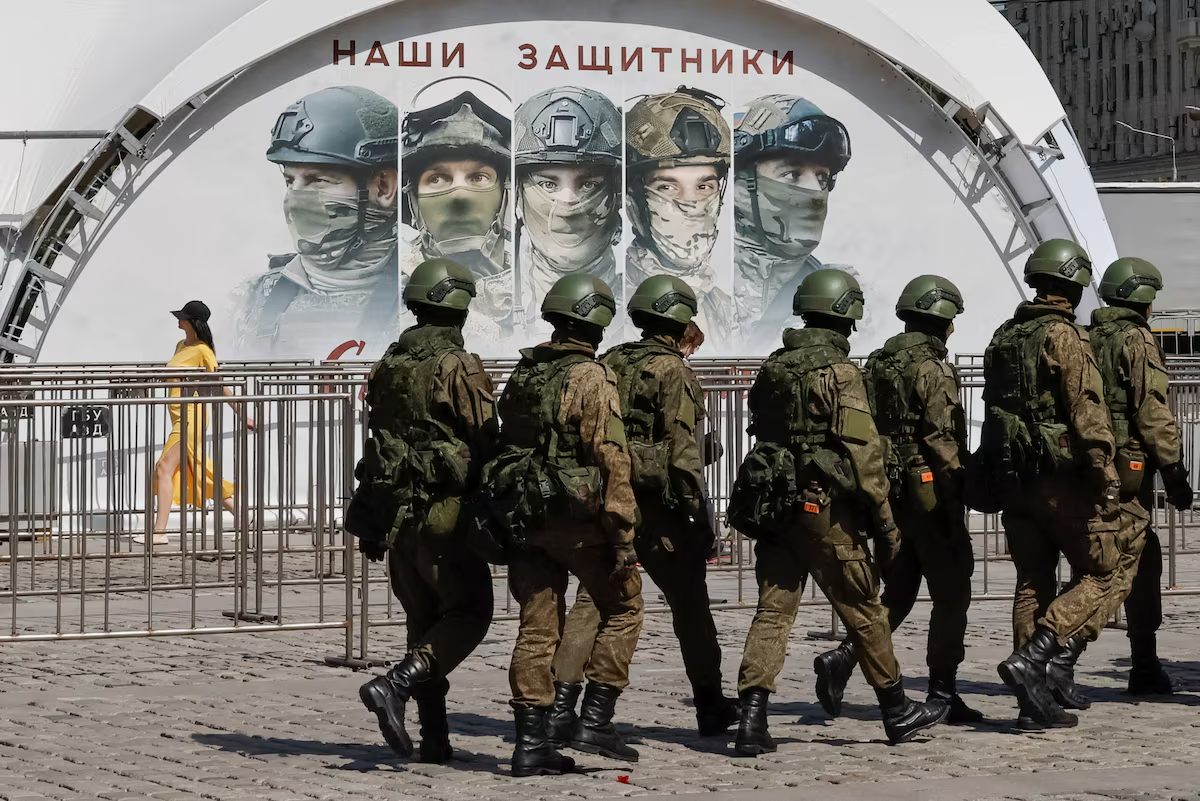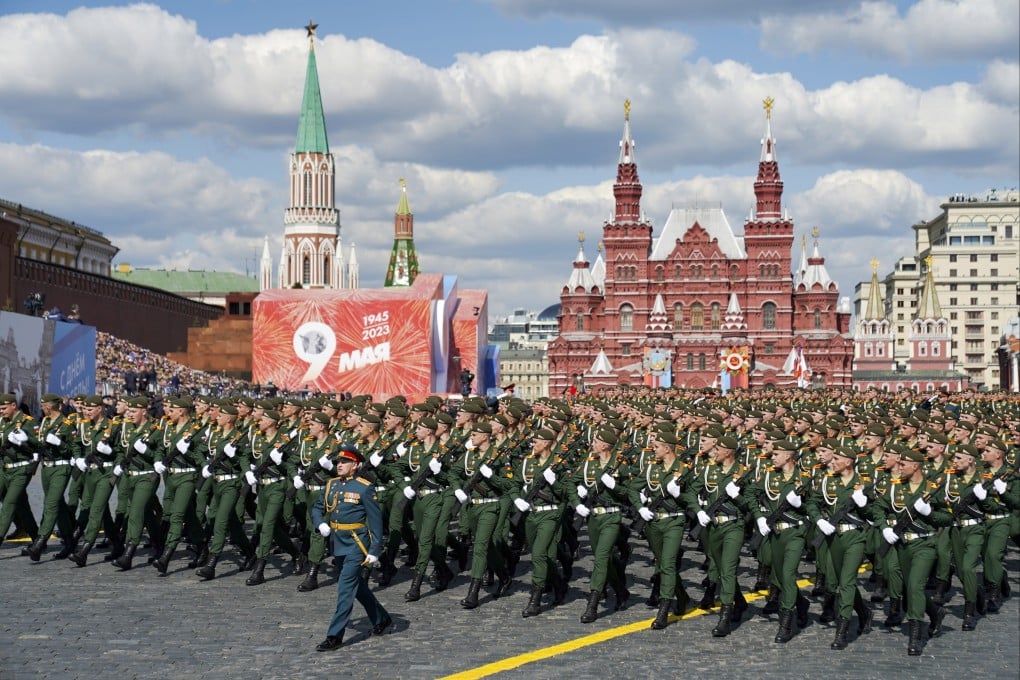Russian President Vladimir Putin has ordered a substantial increase in the size of the country’s armed forces, aiming to make it the world’s second-largest military after China. The decree, published Monday on the Kremlin’s website, calls for expanding the regular army by 180,000 troops to reach 1.5 million active servicemen, with the total armed forces size set to increase to 2.38 million people.

According to data from the International Institute for Strategic Studies (IISS), this expansion would position Russia’s military as second only to China’s in size, surpassing both the United States and India in active combat personnel. The IISS reports that Beijing currently maintains just over 2 million active-duty service personnel.
The expansion comes amid ongoing military operations in Ukraine, where Russian forces are engaged along a vast 1,000-kilometer (627-mile) frontline. Both Russian and Ukrainian forces have sustained significant losses, though exact figures remain undisclosed military secrets. This marks Putin’s third military expansion order since February 2022, following two previous increases totaling 307,000 additional personnel.
Andrei Kartapolov, chairman of Russia’s lower house of parliament’s defense committee, explained that the increase is part of a broader plan to restructure the armed forces. He cited changing international dynamics, including Finland’s recent NATO membership, as factors necessitating the expansion. “We now need to form new structures and military units to ensure security in the north-west [of Russia] since Finland, with which we border, has joined the NATO bloc,” Kartapolov told Parlamentskaya Gazeta, the Russian parliament’s newspaper.

In late 2022, Russia also mobilized over 300,000 soldiers, prompting a significant exodus of draft-age men from the country. Currently, the Kremlin states that no new mobilization is planned, with the focus remaining on recruiting volunteers for the Ukraine conflict.
Dara Massicot, an expert on the Russian military at the Carnegie Endowment for International Peace, questioned the feasibility of the expansion, particularly in terms of financial sustainability. “There are ways to staff a standing 1.5 million force but the Kremlin will not like them if they are truly grappling with what that requires,” Massicot wrote on social media platform X. She suggested that Russia might need to consider unpopular options such as expanding the draft or changing laws to allow more women in military roles.
Massicot also emphasized the importance of distinguishing between a genuine initiative to recruit and expand, and a potential show of force to intimidate others. She noted that while the current volunteer method is working, it is showing signs of strain, and this expansion would mean increased expenses and further strain on resources.
This military expansion is likely to heighten tensions with NATO and other Western allies, potentially escalating the ongoing arms race and geopolitical rivalries. It also signals Russia’s long-term commitment to maintaining a strong military presence on the global stage, despite economic challenges and international sanctions.



